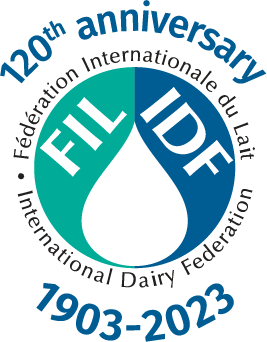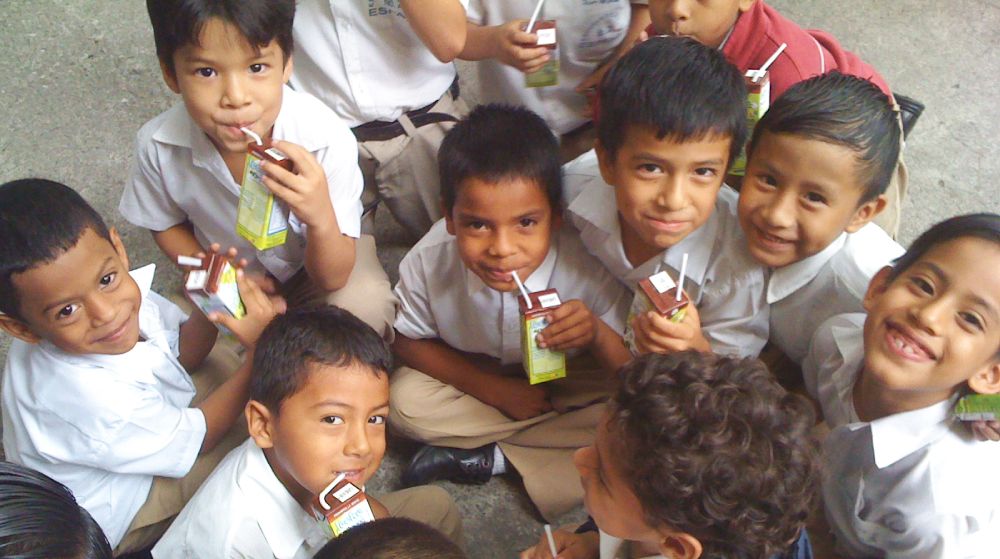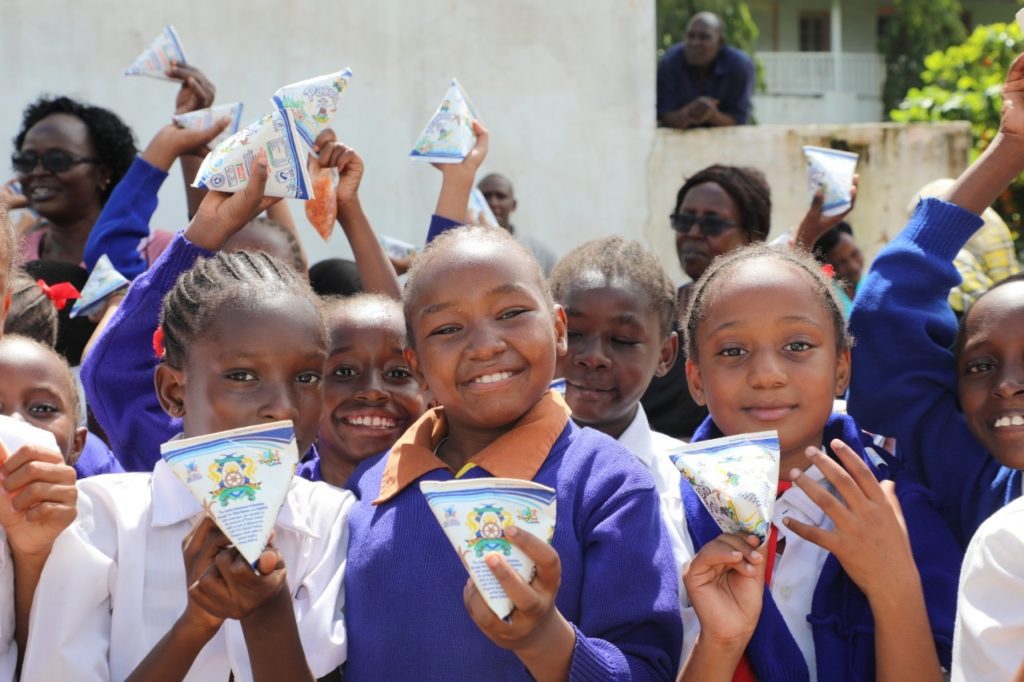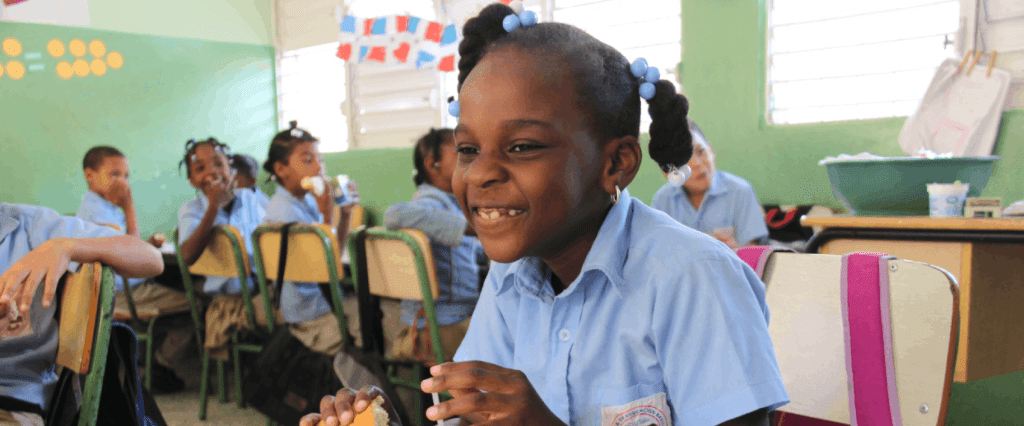School Milk Knowledge Hub
School milk resources
Find help with promoting, supporting and implementing school milk programs in your region
On this page you will find links to a range of information to assist with the development and implementation of school milk programs. If you have information you would like to share, please contact us
Share this page
Share on facebook Share on twitter Share on linkedin Share on email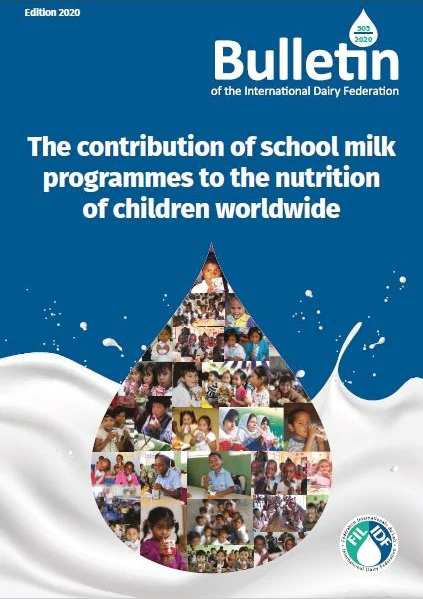

Bulletin of the IDF N° 505/2020
The contribution of school milk programmes to the nutrition of children worldwide – Edition 2020
Following on from its previous research, IDF has developed a new report which compiles data from global experts in the field on different programs around the world. The report provides insights on the range of products, implementation and population, accompanied by raw data. The new edition also includes a review on the evidence of the nutritional benefits of these programs, offering new insights into the global impact of school milk. Results of the survey are included in Excel tables for your use.
Download here

Programs around the world
School milk and wider feeding programs contribute to the good health and nutrition of school children around the world.
There are a wide range programs in place, either dedicated school milk
programs or integrated in wider school feeding, with the number of programs increasing each year. Schools and milk providers implement programs in a range of ways – from national or regional level to individual schools.
Find out more about school milk in your part of the world.
add your program to the listDairy in global guidelines
Milk is a nutrient-dense food that provides significant value to school meals and nourishing students. Highly palatable, milk—along with other dairy foods—play an important role in the diet of children.
Reflecting this important contribution, milk and dairy products are frequently included in food-based dietary guidelines.
What are global dietary guidelines and why are they important?
Food-based dietary guidelines are intended to establish a basis for public food and nutrition, health and agricultural policies and nutrition education programs to foster healthy eating habits and lifestyles. The guidelines provide advice on foods, food groups and dietary patterns to provide the required nutrients to the general public to promote overall health and prevent chronic diseases.
The FAO database on dietary guidelines show that currently 94 countries have dietary guidelines with 100% of them advising the consumption of dairy. This is in support of the overwhelming evidence that the consumption of dairy foods are part of healthy dietary patterns and are associated with positive health outcomes.
Dairy foods such as milk, cheese and yogurt offer essential nutrients that help nourish people throughout life.
Read more about global insights on school feeding and recommendations on dairy consumption, with specific reference to school feeding and nutrition:
- State of School Feeding Worldwide 2020 (UN World Food Programme)
- Nutrition standards for the National School Lunch Program and School Breakfast Program (USDA)
- Chinese Association for Student Nutrition and Health Promotion
- Dairy’s role in healthy and sustainable diets (IDF)
- School Feeding Handbook (Tetra Laval)
- GCNF School Meal Programmes Around the World_Report 2021_
Useful links to information
Get in touch with organizations promoting, supporting and/or implementing school milk programs in around the world
- FAO School Milk Info
- FAO School Food and Nutrition
- EU School Fruit, Vegetables and Milk Scheme
- FEPALE – The Pan American Dairy Federation
- Tetra Pak School Feeding & Nutrition
- The Partnership for Child Development – School Nutrition
- Global Child Nutrition Foundation
- World Bank – SABER School Health & School Feeding
- World Food Programme (WFP) School Meals
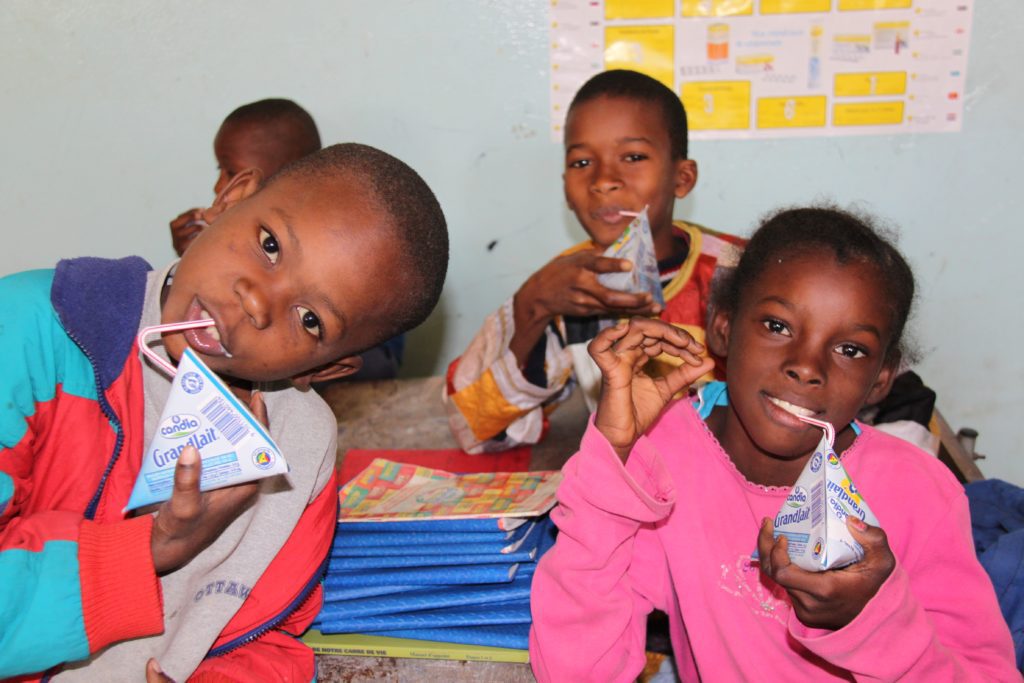

We want to hear from you! If you would like to suggest an addition to this list, please contact us


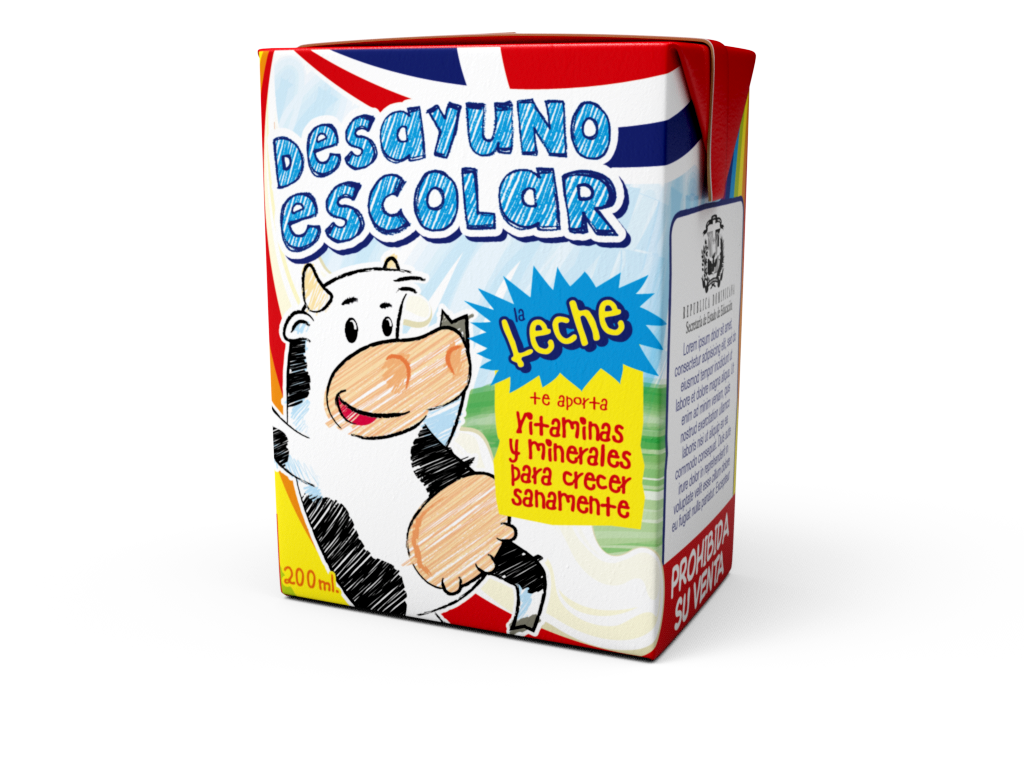



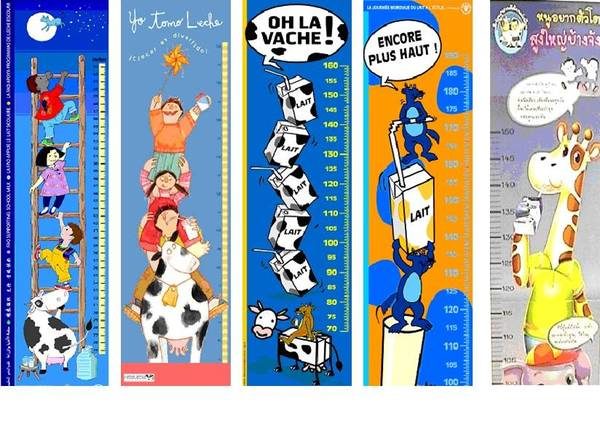

Educational support & resources
Many school milk programs are supported by educational measures. This can include lessons, but can also include farm visits, tasting and cooking workshops, activities, and games.
These can help to reconnect children to agriculture and teach them about healthy eating habits, along with important issues such as local food chains, organic farming, sustainable production, and topics like recycling and food waste.
Educational activities may also involve teachers and parents as they are role models for children’s healthy eating habits and lifestyles, with promotion of the benefits of active lifestyles through the distribution of physical education packs to schools.
Do you have any for fun, educational materials to use in classrooms about dairy farming and nutritious dairy foods? Please share them with us! share your school milk resources!

School milk inspiration!
Click on the links below for a wide range of educational resources, templates and ideas for use
Upcycling ideas for milk carton
Upcycling_ideas
Upcycling_ideas
Product Sample Kit
School Milk poster Sweden
School Milk poster – Sweden 2
Poster sample – Germany
Parmalat – TBA 200 Base – Dominican Republic
Myanmar School Milk
lehrmittel-poster-vom-glas-ins-gras-130655-de
Leche TBA 200 B
guacamax back diseños
genaro back copy diseños
FAO height charts
El Salvador – Vaso de Leche escolar – TBA 1000ml Base
Dugdill_school milk Mongolia 2007
China – TBA 200 Base – Toy Story Design
China – TBA 200 Base – Toy Story Design 2
Learn more about school milk
Find out more about school milk programs around the world.
Overview of programs worldwide
A long history of contributing to the good health and nutrition of school children around the world.
Read MoreSchool Milk Knowledge Hub
Contributing to the good health and nutrition of school children around the world
Read MoreRelated reports & publications
IDF provides a permanent source of authoritative scientific and other information on a whole range of topics relevant to the dairy sector.
View all publicationsBulletin of the IDF N° 505/2020: The contribution of school milk programmes to the nutrition of chi…
School milk programmes are common in many countries around the world, for good reason. The benefits of providi….
Bulletin of the IDF N° 480/ 2015: The contribution of school milk programmes to the nutrition of ch…
Good nutrition is important for people of all ages. During childhood, good nutrition promotes normal growth an….
IDF Factsheet 6/ 2019 Health Benefits of Dairy
Scientific evidence supports the importance of milk and dairy products as part of a healthy eating pattern. Da….
IDF Factsheet 11/ 2020: Dairy’s role in supporting a healthy immune system…
While no foods or dietary supplements can prevent COVID-19 infection, evidence shows that a healthy diet and g….
Follow Us
Get in touch
CUSTOMER SERVICE


Global Dairy Expertise Since 1903
Address
International Dairy Federation AISBL, 70/B, Boulevard Auguste Reyers, 1030 Brussels, Belgium


© 2024 International Dairy Federation. All rights reserved.
Privacy Overview
| Cookie | Duration | Description |
|---|---|---|
| cookielawinfo-checbox-analytics | 11 months | This cookie is set by GDPR Cookie Consent plugin. The cookie is used to store the user consent for the cookies in the category "Analytics". |
| cookielawinfo-checbox-functional | 11 months | The cookie is set by GDPR cookie consent to record the user consent for the cookies in the category "Functional". |
| cookielawinfo-checbox-others | 11 months | This cookie is set by GDPR Cookie Consent plugin. The cookie is used to store the user consent for the cookies in the category "Other. |
| cookielawinfo-checkbox-necessary | 11 months | This cookie is set by GDPR Cookie Consent plugin. The cookies is used to store the user consent for the cookies in the category "Necessary". |
| cookielawinfo-checkbox-performance | 11 months | This cookie is set by GDPR Cookie Consent plugin. The cookie is used to store the user consent for the cookies in the category "Performance". |
| viewed_cookie_policy | 11 months | The cookie is set by the GDPR Cookie Consent plugin and is used to store whether or not user has consented to the use of cookies. It does not store any personal data. |
